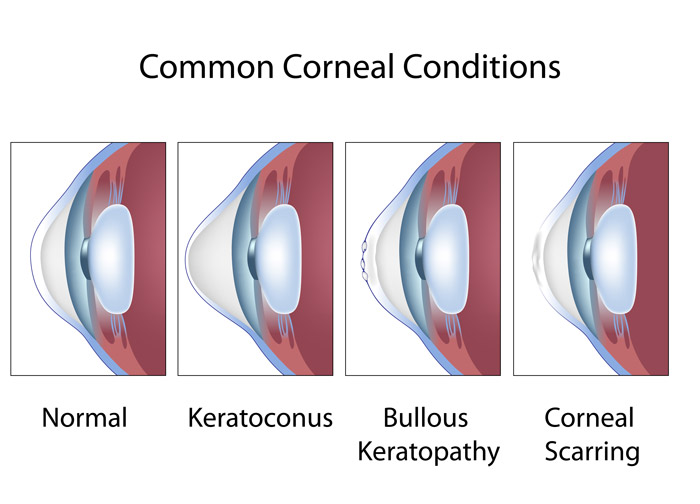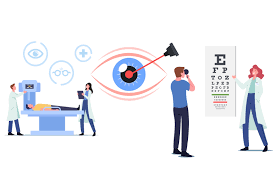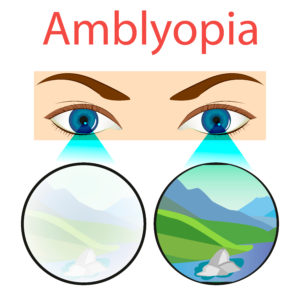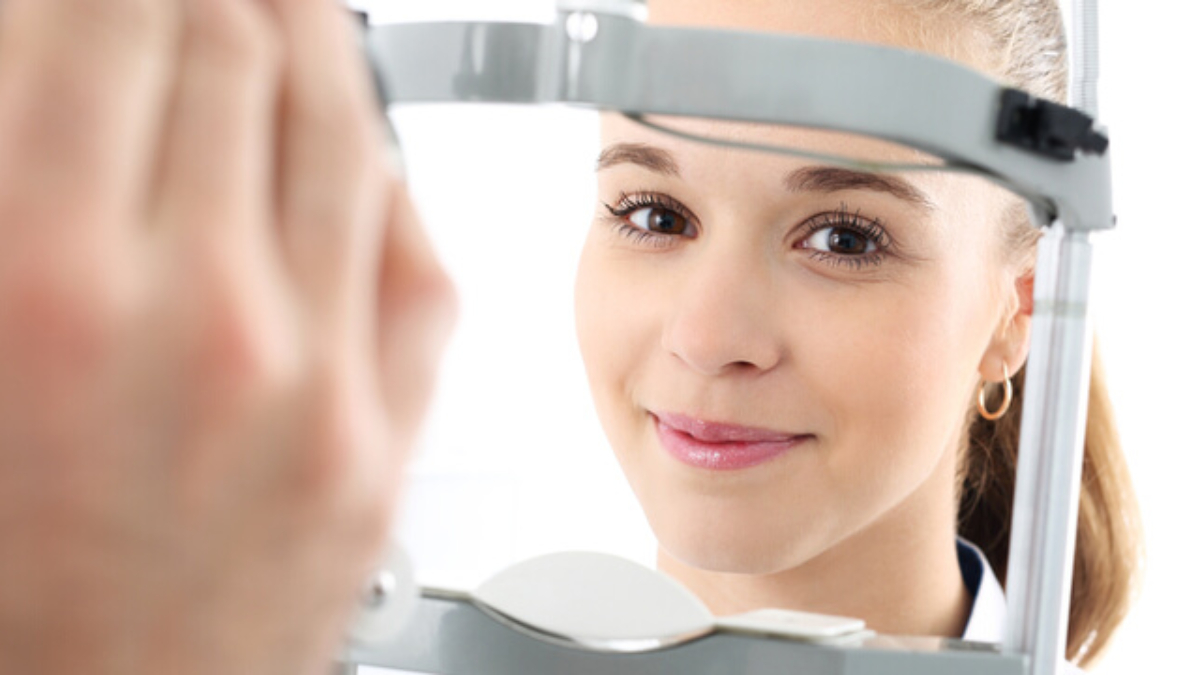The symptoms of diabetic retinopathy can vary depending on the stage of the condition. In the early stages, diabetic retinopathy may not cause noticeable symptoms. However, as the disease progresses, symptoms may become more apparent. Here are common symptoms associated with diabetic retinopathy: Blurred Vision: Blurred or fluctuating vision is a common symptom, especially when blood sugar levels are not well-controlled.
Floaters: Small specks or dark spots that “float” in the field of vision. These are caused by the presence of blood or other fluids leaking into the vitreous humor (the gel-like substance in the center of the eye).
Impaired Color Vision: Difficulty perceiving colors or a change in the ability to see and distinguish between colors.
Dark or Empty Areas in Vision: Dark spots or areas of vision loss may occur, indicating damage to the retina.
Difficulty Seeing at Night: Reduced night vision or difficulty seeing in low-light conditions.
Vision Changes in One or Both Eyes: Diabetic retinopathy can affect one or both eyes, and symptoms may be experienced in either or both eyes.
Vision Loss: In advanced stages of diabetic retinopathy, there is a risk of significant vision loss or blindness if left untreated.
It’s important to note that diabetic retinopathy can progress without noticeable symptoms in the early stages. Regular eye exams, especially for individuals with diabetes, are crucial for early detection and intervention.
If you experience any changes in your vision, it’s essential to seek prompt medical attention, as early treatment can help prevent or slow down the progression of diabetic retinopathy and reduce the risk of vision loss. Regular monitoring and management of diabetes through lifestyle changes and medications are also essential in preventing and managing diabetic retinopathy.
Are you in search of top-notch retina care? Look no further! Dr. Sonia, renowned for her expertise as the Best Retina Specialist in Ghatkopar, is dedicated to preserving your vision and enhancing eye health.




